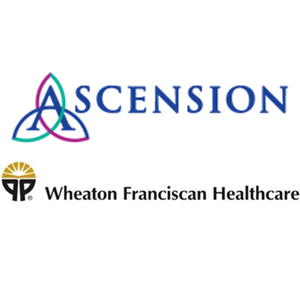

HCPCS U0002 - For all other commercially available tests - 2019-nCoV Real-Time RT-PCR Diagnostic Panel.

HCPCS U0001 - For CDC developed tests only - 2019-nCoV Real-Time RT-PCR Diagnostic Panel.Providers performing the COVID-19 test can bill us for testing services that occurred after February 4, 2020, using the following newly created HCPCS codes:.For additional information and guidance on COVID-19 billing and coding, please visit the resource centers of the Centers for Medicare and Medicaid (CMS) and the American Medical Association (AMA). This guidance is in response to the current COVID-19 pandemic and may be retired at a future date. The following guidance can be used to bill for services related to COVID-19 testing, screening and treatment services. We are closely monitoring and following all guidance from the Centers for Medicare and Medicaid as it is released to ensure we can quickly address and support the prevention, screening, and treatment of COVID-19. PROVIDER BILLING GUIDANCE FOR COVID-19 TESTING This guidance is in response to the current COVID-19 pandemic and may be retired at a future date Be familiar with the intended scope of available testing and recommendations from the FDA.Refer to the Centers for Disease Control and Prevention (CDC) and the World Health Organization for the most up-to-date recommendations about COVID-19, including signs and symptoms, diagnostic testing, and treatment information.Contact your local and/or state health department to notify necessary health officials in the event of a person under investigation for COVID-19.
ASCENSION MYCHART HOW TO
Know how to report a potential COVID-19 case or exposure to facility infection control leads and public health officials.Review your infection prevention and control policies and CDC's recommendations for healthcare facilities for COVID-19.Be alert for patients who meet the criteria for persons under investigation and know how to coordinate laboratory testing.

Explore alternatives to face-to-face triage and visits as possible, and manage mildly ill COVID-19 cases at home, if possible.

Some individuals have also experienced gastrointestinal symptoms, such as diarrhea and nausea, prior to developing respiratory symptoms. Other symptoms include fatigue, sputum production, and muscle aches. Symptoms include fever, cough, and shortness of breath. Patients with COVID-19 have reported mild to severe respiratory symptoms. We always rely on our provider partners to ensure the health of our members, and we want you to be aware of the tools available to help you identify the virus and care for your patients during this time of heightened concern. New information, obtained daily, will further inform the risk assessment, treatment options and next steps. Many details about this disease are still unknown, such as treatment options, how the virus works, and the total impact of the illness.


 0 kommentar(er)
0 kommentar(er)
